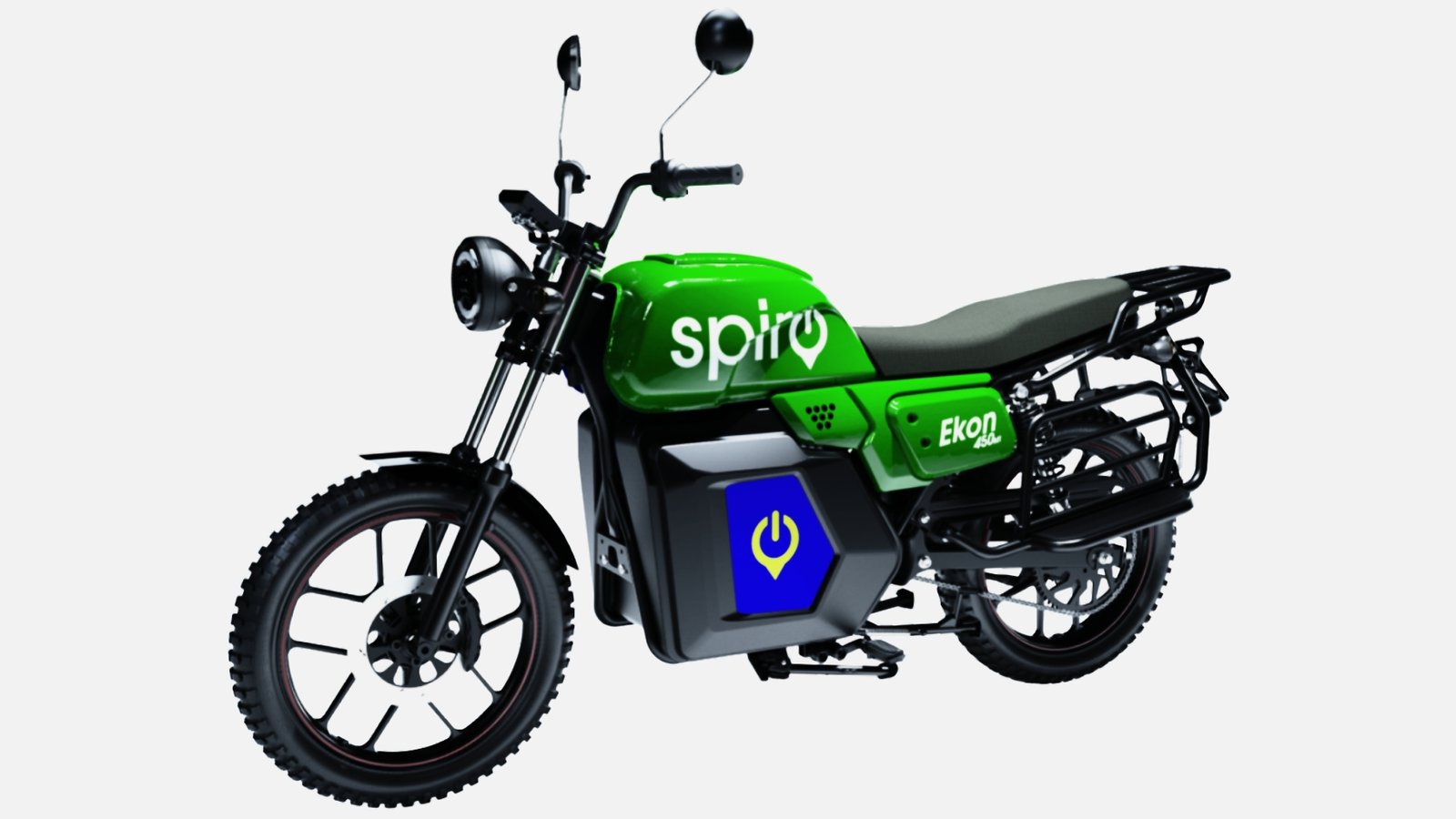tric mobility company Spiro has raised $100 million in a funding round led by the Fund for Export Development in Africa (FEDA), the investment arm of Afreximbank.
The investment represents the largest-ever commitment to electric vehicle (EV) mobility in Africa and positions Spiro as the continent’s leading player in the electric motorbike sector.
The company aims to deploy over 100,000 electric bikes across Africa by the end of 2025, a 400% increase from its current fleet, building on rapid expansion driven by a battery-swapping model tailored to the region’s infrastructure challenges and economic realities.
From Startup to Regional Powerhouse
When CEO Kaushik Burman joined Spiro two years ago from Taiwanese battery-swapping leader Gogoro, the company operated just 8,000 electric bikes and 150 swap stations in Benin and Togo.
Today, Spiro is active in six countries; Benin, Togo, Rwanda, Kenya, Nigeria, and Uganda, with more than 60,000 bikes on the road and 1,500 battery swap stations.
Battery swaps have skyrocketed from 4 million in 2022 to over 27 million this year, according to Burman.
The growth reflects strong adoption among motorcycle taxi drivers, known locally as “boda bodas” in Kenya and “okadas” in Nigeria, who dominate urban and rural transport.
“These drivers work 10 to 12 hours daily, covering 150 to 200 kilometers, but high fuel costs leave them with little savings,” Burman told TechCrunch.
“Electric mobility with battery swapping eliminates downtime and reduces operating costs by up to 30% per kilometer.”
A Business Model Built for Africa
Spiro’s electric bikes are priced at around $800—roughly 40% less than comparable new gasoline models, which retail for $1,300 to $1,500 in markets like Kenya and Rwanda.
Riders access the company’s energy network through a daily subscription, paying only for the energy consumed via battery swaps.
Each swap station maintains dozens of continuously charging batteries, ensuring instant exchanges.
Spiro uses a proprietary algorithm to bill riders based on actual energy usage, while the company generates revenue from both bike sales and network fees.
The model has proven especially attractive in regions with unreliable power grids.
Spiro integrates renewable energy and storage systems into its stations, often located in gas stations, shopping centers, and community hubs, to maintain operations during blackouts.
Local Manufacturing and Job Creation
To support its expansion, Spiro has established four assembly plants in Kenya, Nigeria, Rwanda, and Uganda.
These facilities produce bikes and critical components, including traction motors, controllers, and batteries.
The company currently sources 30% of components locally and plans to increase that to 70% within two years, incorporating plastics, helmets, and brake parts. Battery assembly already takes place in Kenya using Spiro’s in-house battery management system (BMS).
The new $100 million round; $75 million from FEDA and the balance from strategic investors, follows over $180 million in prior financing from parent company Equitane Group and Société Générale.
Funds will support network expansion, manufacturing scale-up, R&D, and pilot programs in Cameroon and Tanzania.
A Massive Untapped Market
Despite competition from EV startups like Ampersand, ROAM, Max, and BasiGo, Burman views Spiro’s primary rival as the entrenched gasoline motorcycle market, both new and used bikes.
“Africa has about 25 million motorbikes, compared to 320 million in India, despite similar population sizes,” he noted.
“That 13x gap highlights the scale of the opportunity.”
Spiro reports that riders save up to $3 daily on fuel and maintenance, savings that can fund additional bikes or small businesses over time.
The company says its model not only reduces costs but also creates employment through station operations and local manufacturing.
As Africa’s urban populations grow and fuel prices remain volatile, Spiro’s battery-swapping ecosystem offers a scalable path toward cleaner, more affordable transportation.
With this historic funding, the company is accelerating toward a future where electric two-wheelers power the continent’s mobility.

